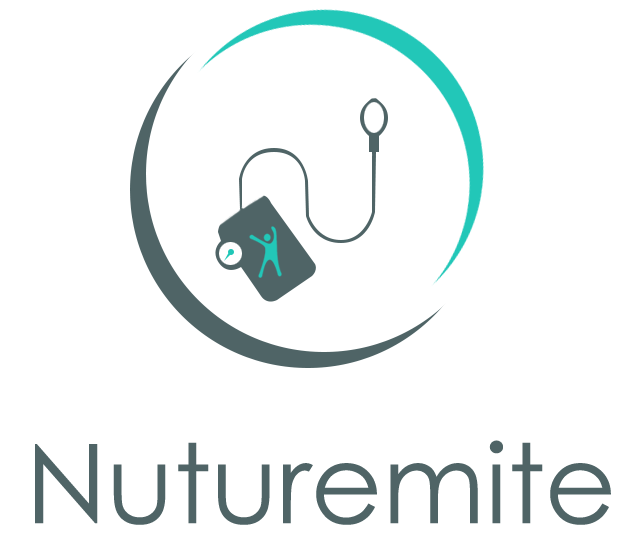Preeclampsia:- Causes, Symptoms, Treatment, and Complications

Wondering about preeclampsia? According to Robin Lim, “Birthing is the most profound initiation to spirituality a woman can have.” A developing fetus depends entirely on its mother’s body for all its requirements. With the increase in the change of lifestyle, numerous types of conditions are arising during pregnancy. So, as we know that pregnancy is a unique, exciting, and joyous moment in a woman’s life, yet it comes with some cost. If you are pregnant and experiencing a sudden increase in weight or blurred vision, then you should contact a doctor immediately as you might be suffering from a rare pregnancy complication known as preeclampsia. Thus, this is a potentially dangerous complication which approximately results in 63,000 maternal deaths annually throughout the world.
It is classified as a disorder of chronic high blood pressure that usually occurs after 20 weeks of pregnancy i.e., during the third trimester up to 6 weeks after delivery. It is a rare disease with less than 1 million cases per year in India. Also, it can be treated by medical professionals and could get resolved within certain days to weeks. Preeclampsia, also known as “toxemia of pregnancy”, could get developed into a more severe condition which is called eclampsia. Symptoms of eclampsia are like that of preeclampsia with seizures. This is life-threatening as it may lead to multiple organ failure.
Causes
The development of this in some women is indeterminate. Experts believe it starts in the placenta. So, the factors which increase the risk of preeclampsia are:
- Preeclampsia in the past pregnancy
- Multifetal gestation
- Kidney disease
- Diabetes mellitus
- Chronic hypertension
- Autoimmune conditions, like lupus
- Body mass index (BMI) over 30
- Age above 35 or under 19
- Family history of preeclampsia
- In vitro fertilization
Symptoms
The first common symptom of this is the rise in blood pressure. It exceeds 140/90 mm Hg or greater. Also, the other signs of preeclampsia include:
- Signs of kidney problems or increase in protein level in urine
- The decrease in the count of platelets in the blood
- Changes in vision
- Severe headaches
- Abdominal pain
- Nausea or vomiting
- Shortness of breath, caused by lung fluid
- Abnormal functionalities of liver
Complication
The risk of this increases with its severity and the earlier it occurs during pregnancy. Also, in certain cases, Caesarean delivery is recommended in conditions that require premature delivery.
Complications of preeclampsia include:
- Restriction in fetal growth
- Premature birth
- Placental abruption
- Organ damages
- Cardiovascular disease
- Bleeding due to low platelet count
- Pulmonary edema
Treatment
The most effective treatment for this is delivery. So, blood tests, ultrasounds, and nonstress tests become very frequent for a person who is diagnosed with preeclampsia.
Certain possible treatments for preeclampsia are:
- Medications inducing lower blood pressure: Antihypertensives are prescribed to lower the blood pressure for treating preeclampsia.
- Corticosteroids: Corticosteroid improves the functioning of the liver and platelets to help prolong the pregnancy. It also helps to mature the baby’s lungs in cases of premature delivery for its survival outside the womb.
- Anticonvulsant medications: In cases of severe preeclampsia, anticonvulsant medication is prescribed to prevent seizures.
Nourishment during preeclampsia
In the case of preeclampsia, it is very important to monitor calorie intake. A nutrient-rich diet is recommended during preeclampsia.
- Whole grain
- Fish
- Nuts
- Legumes
- Fruits and vegetables rich in antioxidants
- Dairy products
So, Omega 3, antioxidants, and a calcium-rich diet is beneficial for pregnant women suffering from preeclampsia.
Foods to avoid
There is no exact way to prevent preeclampsia but the foods contributing to high blood pressure should be avoided.
Foods to avoid during preeclampsia are:
- Consumption of little or no added salt
- Fried food
- Junk food
- Alcohol
- Caffeine rich beverage
Bottom Line
Hence, early and regular prenatal care is necessary for the good health of the baby and the mother. Doctors suggest exercising regularly during pregnancy along with getting enough rest is mandatory. Take extra care for the life that is developing and we provide you the support through our informative composition. Change the lifestyle during pregnancy with controlled management.


Leave a Reply